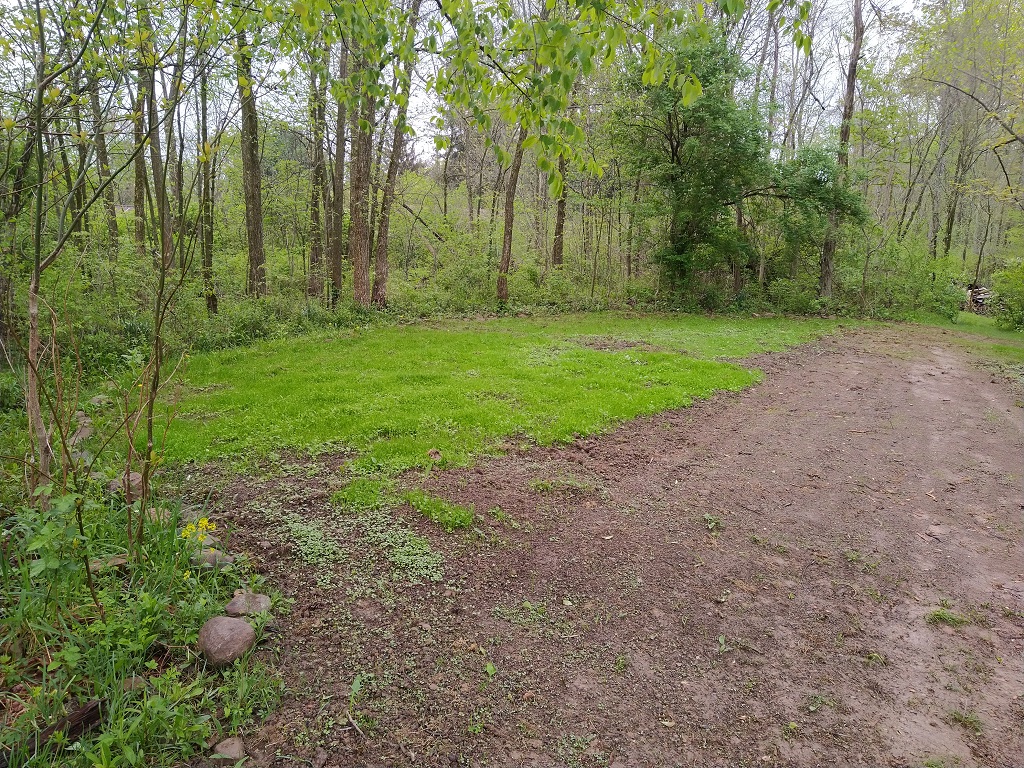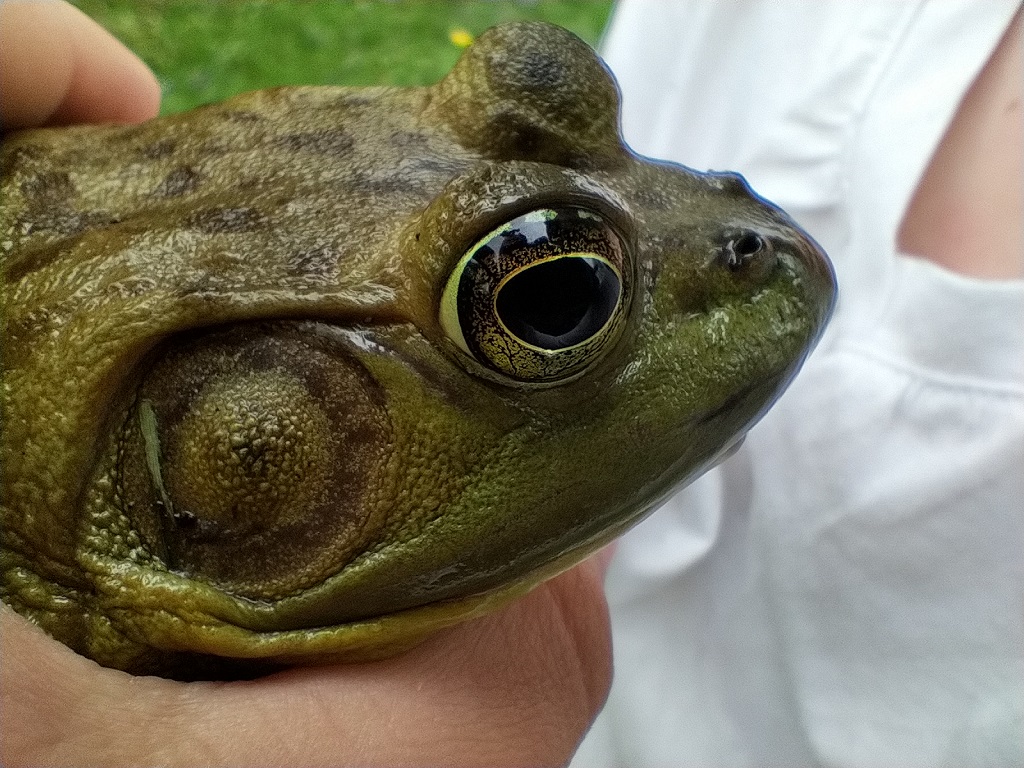The deer decoy garden is still growing well. The sections seeded second are coming in well, and the first section is a couple inches tall and really dense. The third section is just starting to sprout, but we’ve got a week of rainy weather which is perfect for sprouting seeds.
Month: May 2021
Oracle – Collections and IN or LIKE Queries
I’ve been retrofitting a lot of PHP/SQL queries to use oci_bind_by_name recently. When using “IN” clauses, you can iterate through your array twice, but it’s an inefficient approach.
// Build the query string with a bunch of placeholders
$strQuery = "select Col1, Col2, Col3 from TableName where ColName IN (";
for($i=0; $i < count($array); $i++){
if($i > 0){
$strQuery = $strQuery . ", ";
}
$strQuery = $strQuery . ":bindvar" . $i;
}
$strQuery = $strQuery . ")";
...
// Then bind each placeholder to something
for($i=0; $i < count($array); $i++){
oci_bind_by_name($stmt, ":bindvar".$i, $array[$i]);
}
Building a table from the array data and using an Oracle collection object creates cleaner code and avoids a second iteration of the array:
$strQuery = "SELECT indexID, objName FROM table WHERE objName in (SELECT column_value FROM table(:myIds))";
$stmt = oci_parse($conn, $strQuery);
$coll = oci_new_collection($kpiprd_conn, 'ODCIVARCHAR2LIST','SYS');
foreach ($arrayValues as $strValue) {
$coll->append($strValue);
}
oci_bind_by_name($stmt, ':myIds', $coll, -1, OCI_B_NTY);
oci_set_prefetch($stmt, 300);
oci_execute($stmt);
A simple like clause is quite straight-forward
$strNameLikeString = "SomeName%";
$strQuery = "SELECT ds_dvrsty_set_nm from ds_dvrsty_set WHERE ds_dvrsty_set_nm LIKE :divsetnm ORDER BY ds_dvrsty_set_nm DESC fetch first 1 row only";
$stmt = oci_parse($connDB, $strQuery);
oci_bind_by_name($stmt, ":divsetnm", $strNameLikeString);
oci_set_prefetch($stmt, 300);
oci_execute($stmt);
But what about an array of inputs essentially reproducing the LIKE ANY predicate in PostgreSQL? There’s not a direct equivalent in Oracle, and iterating through the array twice to build out a query WHERE (Field1 LIKE ‘Thing1%’ OR Field1 LIKE ‘Thing2%’ OR Field1 LIKE ‘Thing3%’) is undesirable. The with EXISTS allows me to create a LIKE ANY type query and only iterate through my array once to bind variables to placeholders using the same collection approach as was used with the IN clause.
$arrayLocs = array('ERIEPAXE%', 'HNCKOHXA%', 'LTRKARXK%');
$strQuery = "SELECT location_id, clli_code FROM network_location WHERE EXISTS (select 1 FROM TABLE(:likelocs) WHERE clli_code LIKE column_value)";
$stmt = oci_parse($connDB, $strQuery);
$coll = oci_new_collection($connDB, 'ODCIVARCHAR2LIST','SYS');
foreach ($arrayLocs as $strLocation) {
$coll->append($strLocation);
}
oci_bind_by_name($stmt, ':likelocs', $coll, -1, OCI_B_NTY);
oci_execute($stmt);
print "<table>\n";
print "<tr><th>Loc ID</th><th>CLLI</th></tr>\n";
while ($row = oci_fetch_array($stmt, OCI_ASSOC+OCI_RETURN_NULLS)) {
print "<tr><td>" . $row['LOCATION_ID'] . "</td><td>" . $row['CLLI_CODE'] . "</td></tr>\n";
}
print "</table>\n";
There are many different collection types in Oracle which can be used with oci_new_collection. A full list of the system collection types can be queried from the database.
SELECT * FROM SYS.ALL_TYPES WHERE TYPECODE = 'COLLECTION' and OWNER = 'SYS';
Frog Rescue
Anya rescued a frog today. It had rained overnight, and the frog somehow hopped on top of our chicken tractor. It got stuck in the screen that covers the top of the tractor. Anya managed to pick up the frog, and she carried it back to our pond. It hopped out of her hands when they were close to the pond.
Socialized Medicine
What really gets me is that the US has socialized health care. Your insurance company isn’t logging all of the excess income they make from you to a large medical expense you incur in the future. The whole point of insurance is that the million (or whatever) ‘customers’ all pay in their their, say, thirteen grand a year. Many people get their annual checkup, and that’s it. Insurance company pays out a couple hundred bucks from that thirteen grand. Someone gets heart surgery – the excess all those only-checkup people paid covers it, and the insurance company pays out fifty grand for that stranger’s medical care.
The American insurance system is just socialized in small, less efficient islands. Those islands are making money off of us all. And you get voted off the island when you lose your job.
Oh, and people still go bankrupt from medical expenses. Or resort to airing their sad story on GoFundMe hoping for donations. I guess we all get to feel benevolent when we donate to their fundraiser, and just paying taxes doesn’t get to make you feel like you’re personally helping someone. But do we really need a profit-driven and inefficient solution just so we can feel good about ourselves? Maybe we could switch to a more efficient system where everyone is the customer pool and the insurance company is looking to more or less break even. And you can donate the money you save on heath care to some other charity — homeless people, bail projects, food kitchens, abused animals, etc.
Using GUPNP Tools to Discover UPNP Endpoints
dnf install gupnp-tools
gssdp-discover -i vmbridge –timeout=3
# Optionally, remove package
#dnf remove gupnp-av gupnp-tools

